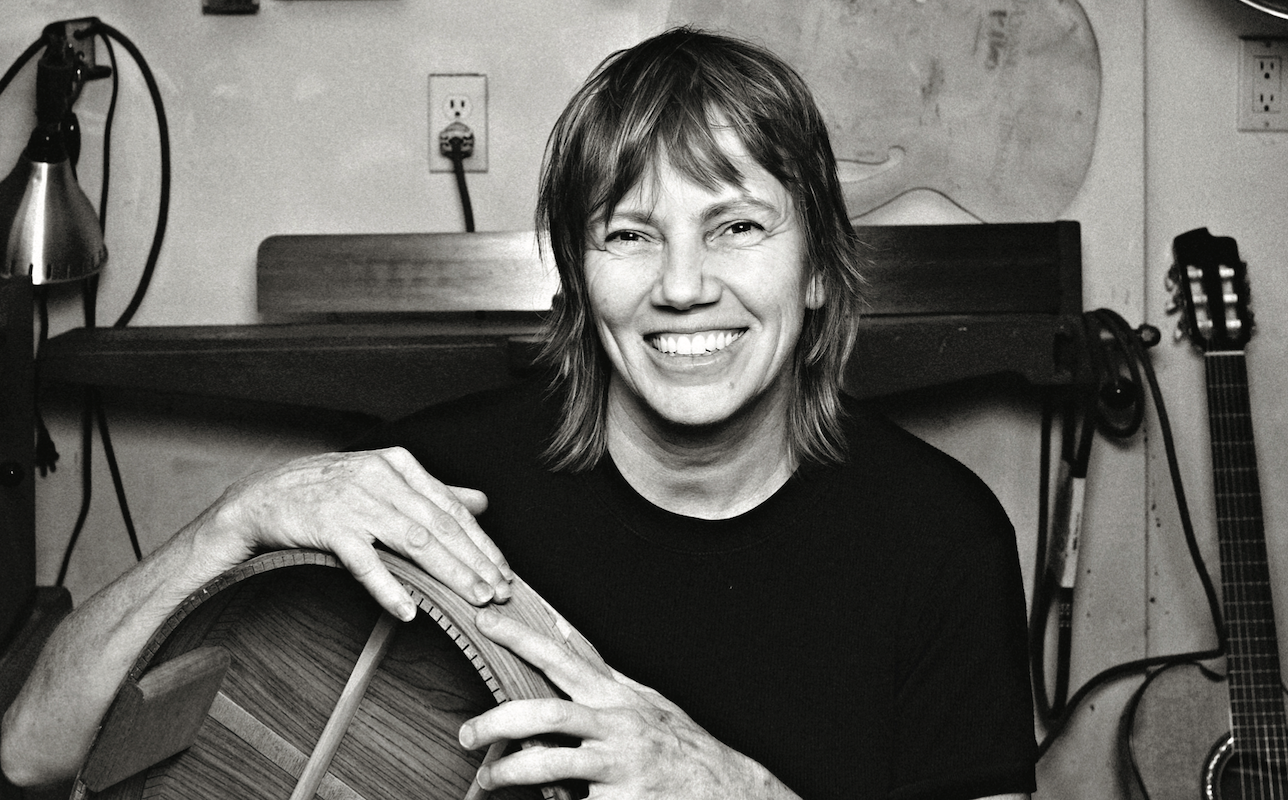By Caroline Fortin
Accepting that the years are adding up isn’t always easy, but the right mindset can make a world of difference
If there’s one thing Murielle Poitras, a retired public servant who has owned a dating service for 28 years, has never kept secret, it’s her age. “When I turned 65 last October, I wanted to celebrate loudly with a party, as I always do and will keep doing every year—because you never know if it’ll be your last!”
Not everyone is as comfortable with revealing their age—and for good reason. “The way our society perceives old age influences a person’s attitude towards their own age and aging,” says Jean-Louis Drolet, a psychologist and the author of La route du sens: l’art de s’épanouir dans un monde incertain (The path of meaning: the art of thriving in an unpredictable world, Éditions de l’Homme). According to Drolet, various social realities—such as ageism, clashes between younger and older people, a youth-centric view of beauty, and the underappreciated social usefulness of older people—cause people to want to protect themselves.
Embracing Life
Even though our society values youth, that doesn’t mean you have to play the game. “Aging is, above all, a personal matter: each person must come face to face with their age and what it means for them,” Drolet says. “At each stage of life, we have to work to overcome obstacles of all kinds. We mustn’t stigmatize ourselves and say ‘Now I’m old!’ We are not our age; we are people with lived experience who are continuing on our path and in our development.”
That’s the main characteristic of people who accept their age: they grab hold of life. “Their approach is to integrate an understanding of existence and its finite nature without letting it frighten them or hold them back,” Drolet says. “But when we resist the aging process, we’re more concerned about the time that’s passing than we are with engaging in the things we’ve chosen to do. Age becomes an excuse to stop moving, exploring, innovating, and creating.
Accepting your age means being honest with yourself. It means valuing yourself and your life, wherever it’s taken you, which is essential for giving it meaning. Furthermore, recognizing your age serves as a milestone, a point of reference. It helps you plan the rest of your life and live it fully.”
That’s definitely the case for Poitras. “It doesn’t mean you have to live waiting for the end,” she says. “If that’s the way you see things, you spend your life; you don’t live it. I’ve built a wonderful life for myself. I always have projects on the go, I’m creative, I give painting workshops, I’m comfortable in my own skin and in my body, and I have a lot of support. I firmly believe that we need to create our own happiness and not wait for it to come from others. That’s what allows us, in my view, to age better.”
Just a Number
The adage that age is just a number may be a cliché, but it’s truer than you might think. Studies show that aging well is strongly linked to good psychological health, which allows you to cope better with age-related changes and to live life as you want, Drolet explains. “The happier you are with yourself and your life, the easier it will be to accept your age and view the future with optimism. This brings us to the idea of reviewing your life and working on your capacity for gratitude. Ask yourself ‘Am I able to appreciate my life—the one I had and the one I have now—in spite of the mistakes and the hard times?’ The more you refuse to accept your age, the less able you’ll be to make something interesting of your life.”
In addition, if you place less importance on appearances and more on what is, you’ll leave more space for your inner life. “Aging is a stage at which the objective, where possible, is to order your life, to give it meaning and resolve any unresolved conflicts,” Drolet says. “This involves some in- ner work, a lot of reflection, and, preferably, some help. You can tackle whatever is wearing you down at the mo- ment.” He cites such things as loneliness, problems with relationships, and lack of interest or passion. “You can do some self-discovery and evolve, learning new things, ex- pressing new emotions, revising your view of life. And counteract mistaken beliefs and negative prejudices about age, like ‘It’s too late,’ ‘Who’s going to be interested in what I’m doing?’ and ‘At my age, I won’t be able to….’”
Accepting Your Age
If you want to be like Poitras and celebrate your age in style, you just need to give yourself a bit of a boost: fortunately, there are plenty of actions you can take that can help you get there.
• Stay in shape. “Yes, your body is getting older, but letting yourself go physically means giving in, not doing what you have to do to retain your value in your own eyes,” Drolet says.
• Be reasonable. “We need to tell ourselves that aging is the only way to stay alive,” Drolet says. “If you refuse to age, it’s as if you’d rather die, and that attitude has a big impact in psychological terms because it causes us to gradually die even while we’re still alive. You have to take the time to discover all the benefits and possibilities of your current stage of life—and all those to come.”
• Set yourself free. Forget about what other people think, to start with. “You don’t know what people are thinking unless they tell you, so you should try not to care,” Marie- Ange Pongis-Khandjian, a psychologist and psycho- analyst, says with a smile. But also free yourself from what you think. “We are our harshest critic. Deciding to be happy in spite of wrinkles, baldness, and aches and pains—that’s the attitude to have.”
• Practise gratitude. “Savouring all the good times, even the simple ones—the smell of coffee in the morning, the call of a bird, the fall colours—helps us to get out of a slump, out of sadness,” Pongis-Khandjian says.
• Have role models. “People who live their older years well have lots to teach us, and drawing inspiration from them can be encouraging,” Drolet says.
• Stay curious. This is one of Poitras’s secrets. “I stay up to date on what’s happening in the world and in what my 10- and 12-year-old granddaughters are interested in. That doesn’t mean I listen to all their music, but they have helped me discover what I like. I enjoy learning and spending time with people who nourish me.”
• Have plans. “What do you have to hang onto when you don’t have any plans or projects? Make your life a dream, and turn the dream into a reality,” Poitras says. “Being happy, having projects, is not that complicated, and it helps you to age well.”
• Be positive. “Feeling sorry for yourself, expecting the worst, or tormenting yourself over your real or perceived limits doesn’t help,” Drolet observes. “You need to make a habit of turning disadvantages into advantages, embracing a more positive attitude. Say to yourself, for example: ‘My knee is a bit sore today, so I’ll use this opportunity to read a good book.’ In short, see the positive side of things while approaching life with clarity and courage.”
• Make yourself useful. Volunteer or act as a mentor or consultant.
• Talk to a professional therapist. If, despite everything, you’re having trouble accepting that you’re aging, this is an avenue to pursue. “I have clients who come and see me for that reason,” Pongis-Khandjian says. “Talking is something that liberates us. A client gave me the best definition of therapy: enlarging your house from within. You make room for yourself to think, live, cry. And that can be useful at any age.”






